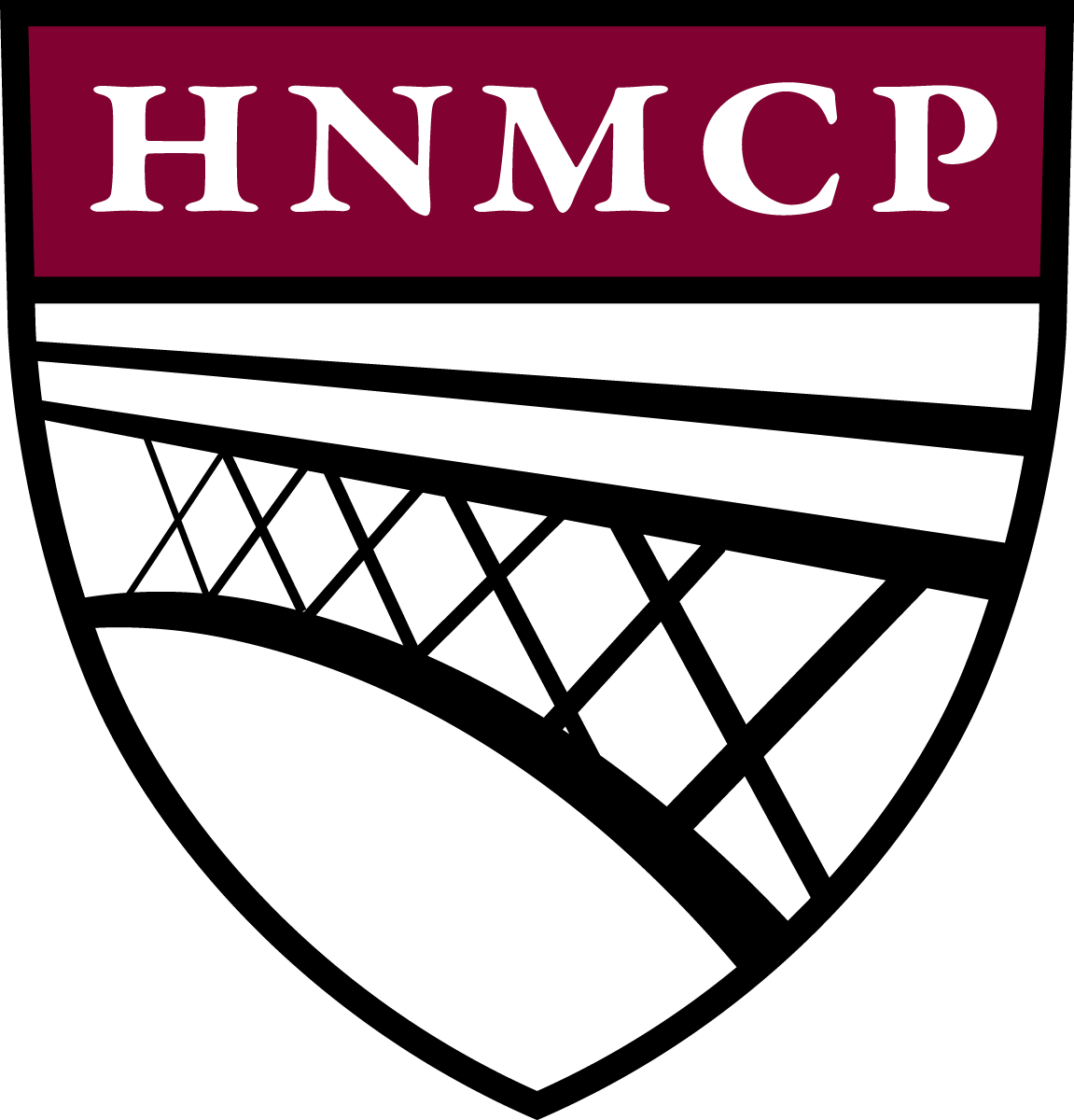
Our Practice Areas
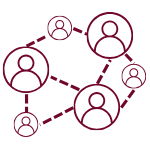
Community-Centered Systems
We support groups working collectively to strengthen connection and build social and economic justice within their communities.
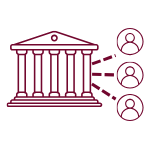
Court-Connected Systems
We consult with courts to increase substantive and procedural justice through ADR processes.

Peacebuilding Systems
We collaborate with organizations and coalitions to build and navigate participatory systems for sustainable peace.
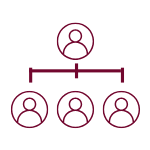
Organizational Systems
We help mission-driven organizations design and refine conflict resolution systems to improve their effectiveness.
Every organization faces conflict. But what if those tensions could become sources of innovation and growth? The work of the Dispute Systems Design Clinic focuses on understanding the dynamics of conflict and delivering actionable, creative, and context-specific solutions. We support clients who are ready to engage their conflict-related challenges constructively and equitably.
In our projects, teams of 2-3 students, along with a faculty supervisor, spend the semester applying best practices to identifying sources of conflict or tension, engaging with clients and stakeholders skillfully and empathetically, and recommending approaches for preventing, navigating, or resolving the challenges that are coming up. Our approach is collaborative, systemic, and equity-centered.
“The Dispute System Design Clinic is as good as, and often better than, any paid consultant we’ve engaged. They seek to understand our world and immerse themselves in it. They make recommendations that are practical without sacrificing principle. They listen and give us peace of mind, even when the feedback is challenging to hear.”
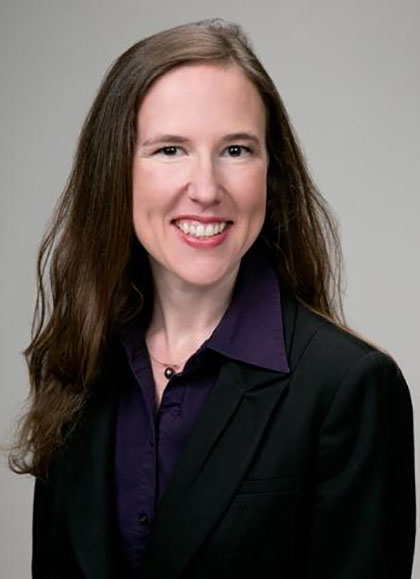
Heather Schiewe Kulp
New Hampshire Judicial Branch
Sample Project Objectives Might Include:
- Analyze existing dispute resolution systems to identify challenges and potential improvements
- Conduct conflict assessments that map key stakeholders, their interests, and relationships
- Engage with communities to better understand their perspectives and help organizations serve them more effectively
- Design systems that place justice and equity at the center of conflict resolution
- Elevate diverse and often unheard voices, recommending ways to integrate them more systematically

If you are interested to learn more about working with the Dispute Systems Design Clinic, please reach out to us! We’d love to set up an initial conversation with you to see if your potential project can be well served by our clinic.
Spring 2026: proposals are due November 14, 2025, 5:00pm
Fall 2026: proposals are due TBA
Frequently Asked Questions
The Clinic has the dual mission of serving clients while also teaching students to engage in the theory and practice of dispute systems design. As a result, our faculty supervisors and the required seminar we run concurrently with our projects focus on providing the academic grounding of dispute systems design work; guiding and supporting students’ ability to take ownership over the project; and giving individualized coaching and feedback to each member of the team.
Students spend 12 to 20 hours per week on their projects, depending on their credit load.
All of the professional obligations incumbent on attorneys in Massachusetts apply to our students. They meet at least once per week as a team with their faculty supervisor.
Our services are offered pro bono, and students receive academic credit for their work. In return, we ask clients to designate a point person within their organization who can serve as the main contact and project supervisor. This individual should be available to meet regularly with students and facilitate access to relevant information, contacts, and feedback.
To the extent possible, we welcome client support on any travel expenses that might arise if a field trip is necessary and agreed upon. However, a client’s ability to share some travel costs will not affect a proposal’s acceptance.
Projects must fit into either Harvard Law School’s fall semester (early September to early December) or spring semester (late January to early May). If projects are broader in scope than what might reasonably be completed in three months, the Clinic may work with clients to develop multi-semester projects, with concrete deliverables to be completed each semester by successive teams of clinical students.
To apply to be a client in the Dispute Systems Design Clinic, we ask that you complete a project proposal form. The project proposal will be reviewed by Clinic faculty and staff, who will follow up for further conversation within several weeks.
If you are interested in learning more about being a client, we strongly recommend that you reach out to the Clinic team before you submit a proposal form as an initial first step. We value these conversations as opportunities to learn more about the challenges that are coming up, and how the Clinic can potentially be helpful. You can email us through the contact link in the footer below.
Project proposal forms for the 2025-2026 academic year are due on the following dates:
Proposals for the Fall 2025 semester are due: July 18, 2025
Proposals for the Spring 2026 semester are due: TBA
We will select projects most in line with our pedagogical mission and our capacities as a clinic, and work with those clients to finalize project descriptions before the semester begins.
It is common for many types of clinical work to be done remotely in the Dispute Systems Design Clinic. Our clients work all over the world, and we are comfortable engaging in different time zones and contexts. Client meetings, some types of stakeholder interviews, and even some focus groups can be handled via Zoom or telephone.
In many cases, it can be highly valuable for students to spend time connecting with stakeholders and visiting the client site in person. When possible, we can work with client organizations and communities to arrange travel.
You should assign the students responsibilities comparable to work that would be performed by a new attorney or conflict management consultant working 12 to 20 hours per week (this depends on the student’s chosen credit load for the Clinic). In addition, you should actively encourage the students to take on the most challenging work they can reasonably handle. The students should be active participants in, not just observers of, the strategic decision-making process of matters in which they are involved.
At the same time, please keep in mind that for many of our students, this will be the first time they will be working directly for a client in a professional context. Also, keep in mind that all students enrolled in our clinic are simultaneously enrolled in other Harvard Law School classes while doing their clinical work. So, while this is a primary focus of their semester, it is not their only focus.
You may; however, we cannot guarantee that we can accommodate these requests. That said, many students with particular knowledge of a certain subject will automatically be drawn to a project requiring those skills.
